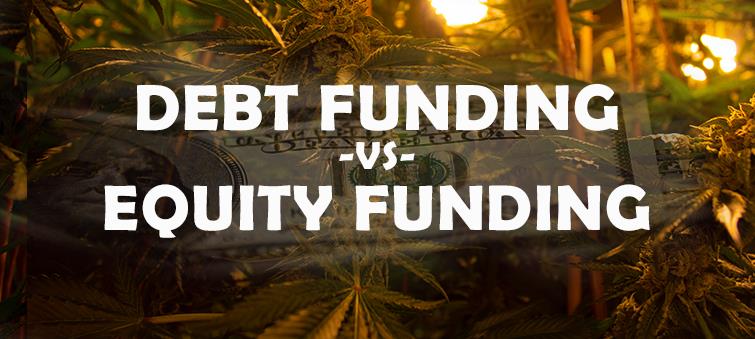
Hemp Gamification: Cultivating a Sustainable Future through Playful Participation
The world needs a revolution, but not a violent one. Gamifying the transition towards a more sustainable and harmonious world, specifically through the lens of hemp adaptation, offers a unique and engaging approach. Here’s how this playful strategy can foster positive social, industrial, and communal change:

Social Benefits:
- Boosting Sustainability Education: Games can transform dry information about hemp’s environmental benefits into engaging experiences. Imagine simulations where players manage virtual farms, optimizing hemp cultivation for maximum sustainability. These games can educate players about responsible resource management and the positive impact of hemp on ecosystems.
- Building Eco-Conscious Communities: Multiplayer games focused on hemp production and utilization can foster a sense of community and shared purpose. Players can collaborate to achieve in-game sustainability goals, fostering a sense of collective responsibility for the environment. These online communities can spill over into the real world, encouraging collaboration on local sustainability initiatives.
- Shifting Consumer Habits: Reward-based games can incentivize consumers to choose hemp products. Imagine earning points for purchasing hemp clothing or using hemp-based bioplastics. These points could translate to discounts, exclusive rewards, or even charitable contributions, making sustainable choices more attractive.
Industrial Transformation:
- Innovation Through Gamified Challenges: Companies can host gamified challenges to encourage innovation in hemp-based products and processes. These challenges could reward participants for developing novel hemp applications, leading to a faster pace of industrial hemp adoption.
- Supply Chain Transparency: Blockchain technology, coupled with gamified interfaces, can create transparent supply chains for hemp products. Consumers could track the journey of their hemp clothing or bioplastics, fostering trust and encouraging responsible sourcing practices within the industry.
- Skilling Up the Workforce: Games can be a fun and effective way to train workers on new skills required for the burgeoning hemp industry. Interactive simulations can teach best practices for hemp cultivation, processing, and product development, ensuring a skilled workforce ready to embrace the hemp revolution.
Communal Values and Institutions:
- Civic Engagement with Hemp: Local governments can utilize gamified platforms to educate citizens about the benefits of hemp cultivation and encourage community involvement in hemp-based projects. Imagine earning points for planting hemp in your garden or participating in community hemp-processing workshops. These playful interactions can foster a sense of ownership and responsibility for a sustainable future.
- Reframing Sustainability as Fun: Gamification removes the stigma often associated with environmentalism. By making sustainability practices enjoyable and rewarding, communities are more likely to embrace them, leading to long-term behavioral change.
- Building a Culture of Collaboration: Games that emphasize teamwork and collaboration can foster a sense of shared purpose within communities. Working together towards in-game sustainability goals can translate into real-world collaboration on projects that benefit the environment and local economies.
In Conclusion:
Hemp gamification isn’t just about fun and games; it’s a powerful tool for social transformation. By infusing playful elements into the transition towards a more sustainable future, we can create a world where environmental responsibility feels rewarding and community engagement thrives. As we embrace hemp’s potential through gamification, we cultivate a path towards a more harmonious world, one playful step at a time.




